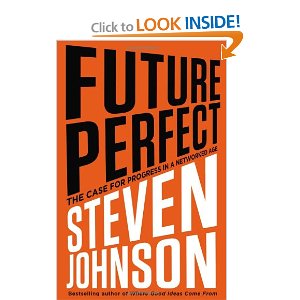
How to Get Better At Predicting the Future
Could human and machine forecasters work together to increase the intelligence agencies' foresight?
By Alexis C. Madrigal
Atlantic, 11 December 2012
We would like to know what the future is going to be like, so we can prepare for it. I'm not talking about building a time machine to secure the winning Powerball number ahead of time, but rather creating more accurate forecasts about what is likely to happen. Supposedly, this is what pundits and analysts do. They're supposed to be good at commenting on whether Greece will leave the Eurozone by 2014 or whether North Korea will fire missiles during the year or whether Barack Obama will win reelection.
A body of research, however, conducted and synthesized by the University of Pennsylvania's Philip Tetlock finds that people, not just pundits but definitely pundits, are not very good at predicting future events. The book he wrote on the topic, Expert Political Judgment: How Good Is It? How Can We Know?, is a touchstone for all the work that people like Nate Silver and Princeton's Sam Wang did tracking the last election.
But aside from the electorate, who else might benefit from enhanced foresight? Perhaps the people tasked with gathering information about threats in the world.
You probably have never heard of IARPA, but it's the wild R&D wing of our nation's intelligence services. Much like the Defense Advanced Research Projects Agency, which looks into the future of warfare for the Department of Defense, the Intelligence Advanced Research Projects Activity looks at the future of analyzing information, spying, surveillance, and the like for the CIA, FBI, and NSA.
Continue reading “David Isenberg: IARPA Trys to Predict Future”





